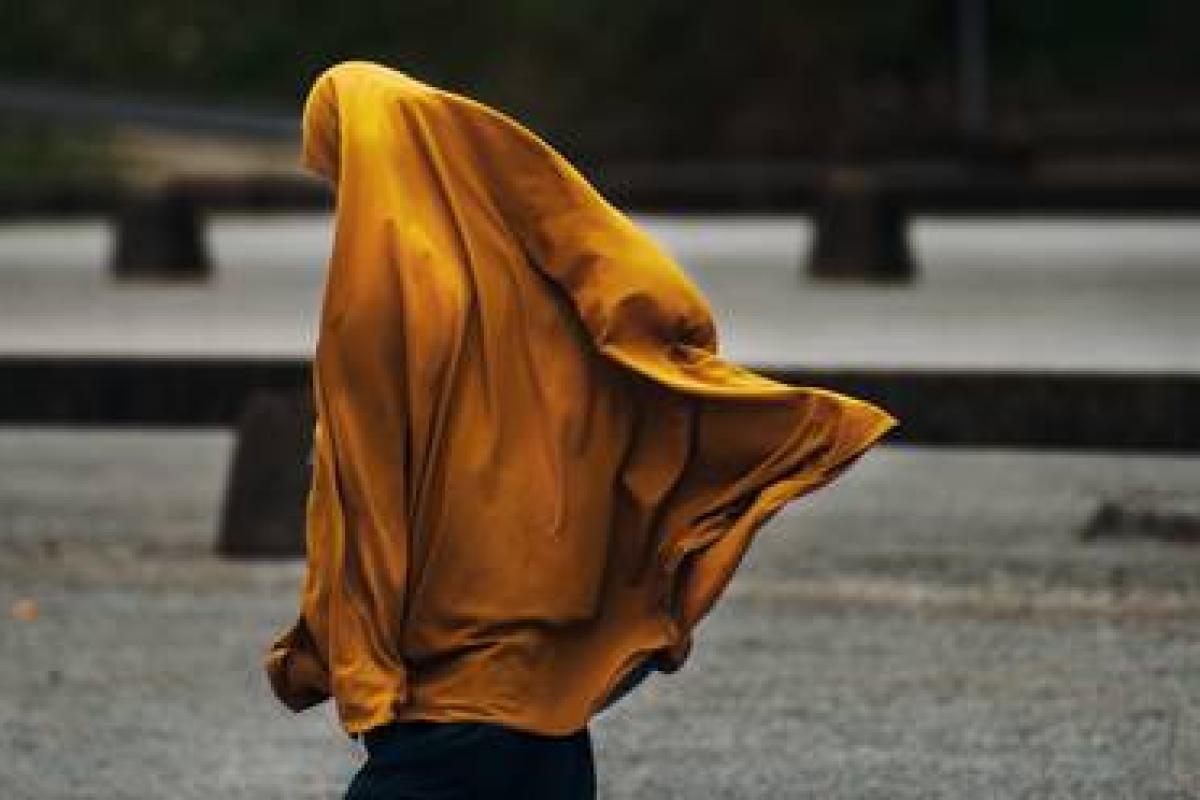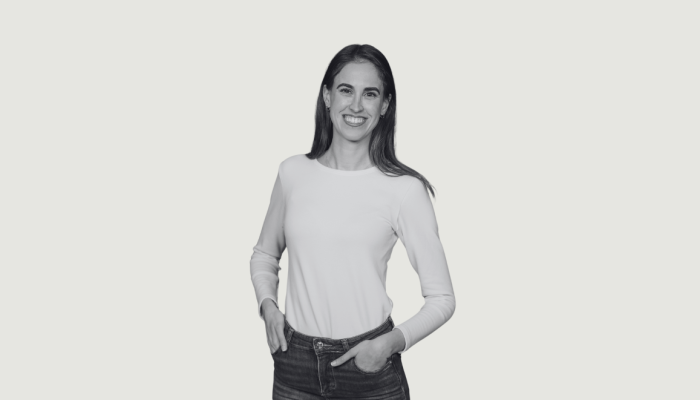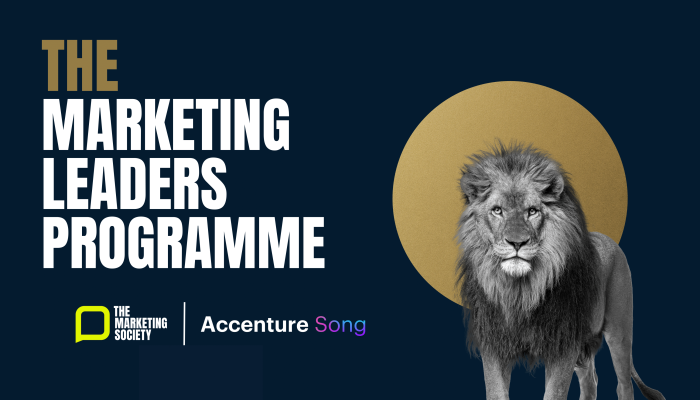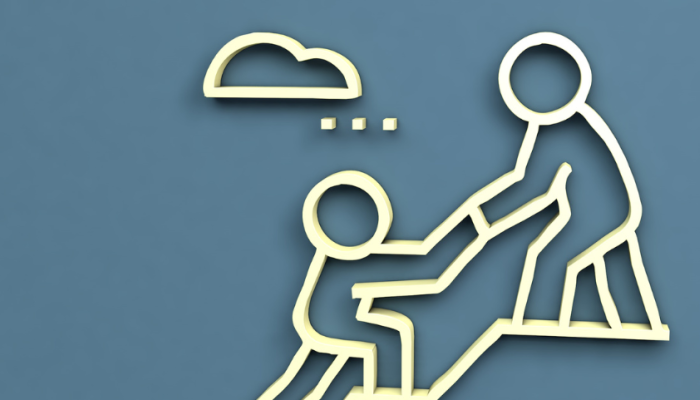I arrive in Karachi during Pakistan’s 70th Anniversary celebrations and head down to the offices of Dawn media group founded by Jinnah (first leader of Pakistan) in 1947. My car is first checked underneath for bombs and then I go through two phases of airport style scanning before I get to the entrance. This security is typical of all the big hotels and is unchanged since my first visited eight years ago (when I started to write for Dawn). I no longer notice it.
Dawn is producing a series of supplements about the history of Pakistan. On the cover, Mohammad Ali Jinnah looks every inch the sophisticated London trained lawyer. A feature on the founding fathers starts with a quote from Dickens: “It was the best of times, it was the worst of times, it was the age of wisdom, it was the age of foolishness”
An anglophile thread runs through Pakistani culture (more so than in India in my experience). In Lahore, my guide points out the great Irrigation system, that helps makes The Punjab into the breadbasket of the country, and says “Built by the British”.
I say, “Aren’t you just being polite to a visitor. Surely Pakistanis must blame Britain for ghastly violence of Partition?”
He says, “Not particularly. It was complex.”
Partition was a time of brutal killings and mass dislocation. Yet, In Pakistan, the mood is of national pride and optimism. Mariam Ali Baig, editor at Dawn, explains that demographics and the economy are a factor. The median age of Pakistan is 22.7 –with 35 % under 14- and is increasing urban. Foreign Direct Investment (FDI) has surged – mainly due to the Chinese. This is the big story-less often told- framing Pakistan’s future.
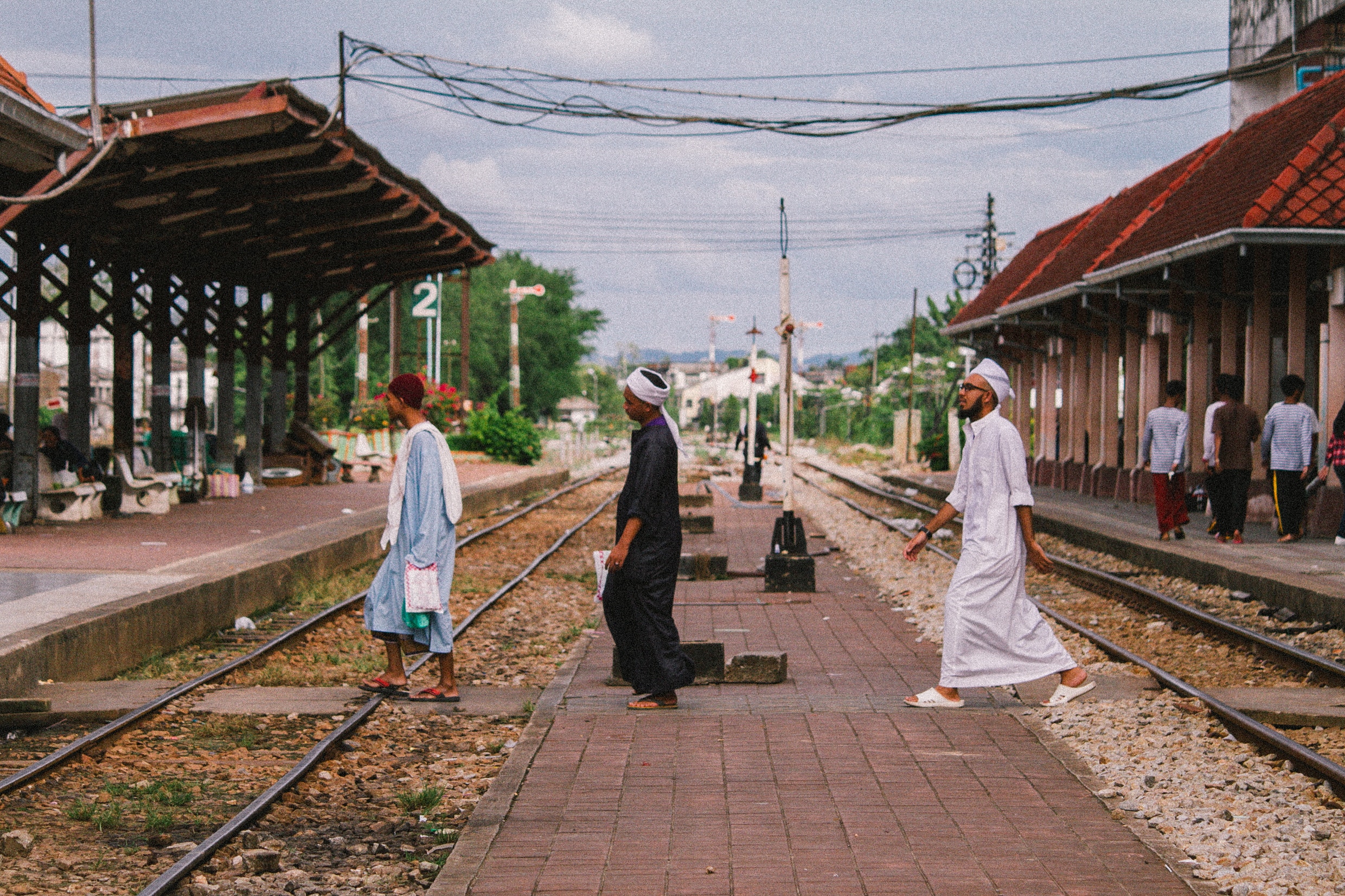
My seminar in Karachi (Brand Building in the digital age) is sold out with 40 attendees. The break outs take much longer than usual and I have to cut out content as the day unfolds. In Lahore , I cut out even more as I have to allow for two hours for prayers and lunch. In the event only half go to prayers and the rest have a leisurely lunch in which I chat to two ex- army officers who seem to be the most sophisticated and highly educated people in the room.
The old city of Lahore is a laid out on medieval lines with trades concentrated in particular quarters (Gold, Diamonds, Musical instruments etc). After two hours of wandering (in which I have run into only one other tourist, a Japanese), I chance upon a maker of pickles.
His brother lives in Tooting and he last visited London 15 years ago. After tasting his most of his wares I offer to buy one with bitter gourd, which I can’t find in London. “There is no charge” he says as he hands me a large jar of it. “You are a guest in our country”
At dinner, we over-order (in fact at most meals we over-order). The spare food is packed up for us to take away. Hassan, my host from Pakistan Advertisers Society, and I walk out into the old city. We give the food to a family that performs puppet shows on the streets- much like Punch and Judy, only less violent. Next day, Imran Ali , my guide, tells me that he is a follower of a great Sufi saint -Data Ganj Bakhsh- and every year he and a few friends put on a big feast in his honour and invite hundreds of poor people from his district.
Imran takes me to see Punjabi wrestling in a muddy field on the outskirts of Lahore. I sit between “The landlord” and two guys on a bed, who are welders. “The landlord” is the wealthiest man in the district; he funds the school of 60 wrestlers and is proud that one has a bronze medal at the Commonwealth Games. Many young men use wrestling as a stepping stone to get in the army. The welders are in a bantering mood. They speculate about my identity and tell me that they think I am Peshawar not London, which I find confusing until a wrestler from Peshawar turns up and a photo call is demanded.
“Separated at birth” say the welders in Punjabi.
There is a frustrating gap between the reality of visiting Pakistan and the image of the country abroad. 24-hour news media feed on bad news stories, so the image that stays in the mind is of a TV journalist reporting on violence and human tragedy. Institutions in Pakistan – apart from the army – are weak and politics is fractured.
Yet this is a strong society in which people live out personal and Islamic values of charity, hospitality and mutual support-a story that you will not really understand from western media unless you visit. I am looking forward to returning.
Julian Saunders is the founder of The Joined Up Company Ltd
[email protected]
This piece was taken from Marketing Society print title, Market Leader. Exclusive to members. If you're not a member of the society find out more here.
